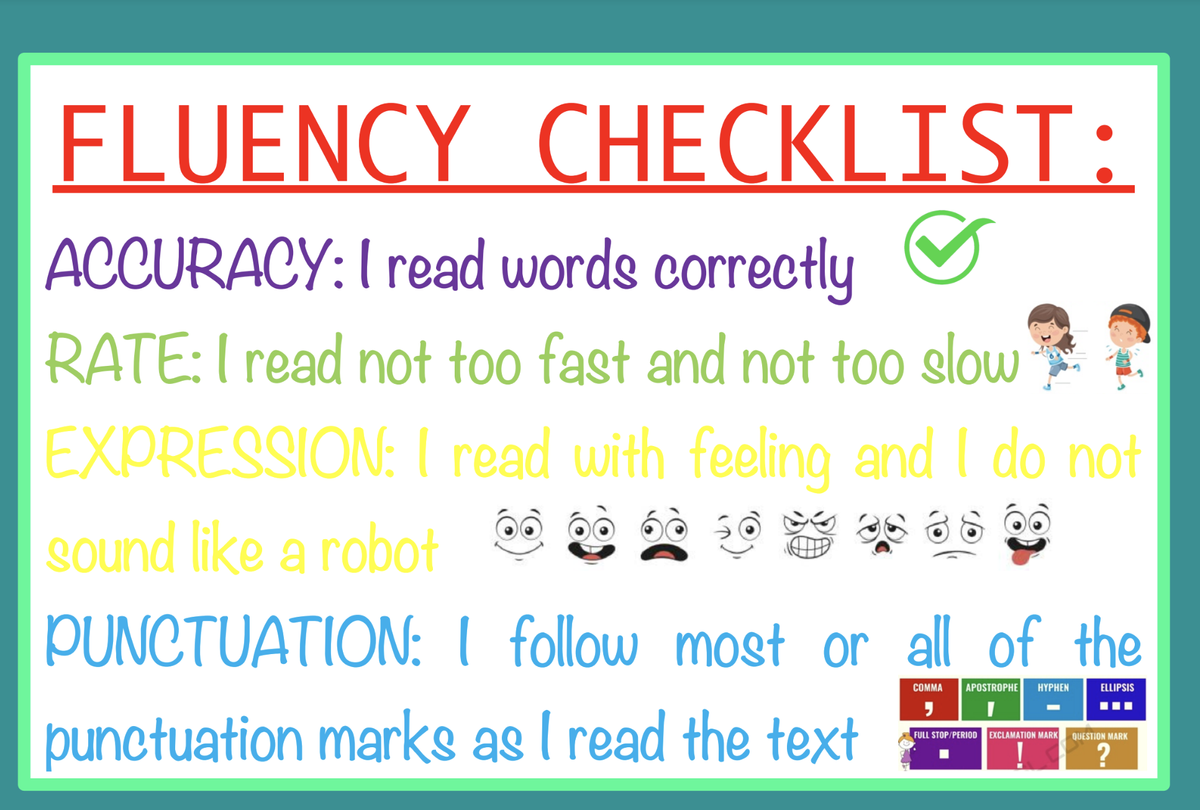Supporting reading fluency at home
In order to become a confident reader who reads for meaning and enjoyment, children need to be able to read fluently, both silently and aloud.
What the problem looks like
A child's perspective: What this feels like to me
Children will usually express their frustration and difficulties in a general way, with statements like "I hate reading!" or "This is stupid!". But if they could, this is how kids might describe how fluency difficulties in particular affect their reading:
- I just seem to get stuck when I try to read a lot of the words in this chapter.
- It takes me so long to read something.
- Reading through this book takes so much of my energy, I can't even think about what it means.
A parent's perspective: What I see at home
Here are some clues for parents that a child may have problems with fluency:
- He knows how to read words but seems to take a long time to read a short book or passage silently.
- She reads a book with no expression.
- He stumbles a lot and loses his place when reading something aloud.
- She reads aloud very slowly.
- She moves her mouth when reading silently (subvocalizing)
Supporting fluency at home:
- If your child can decode words well, help him or her build speed and accuracy by:
- Reading aloud and having your child match his/her voice to yours
- Having your child practice reading the same list of words, phrases, or short passages several times
- Reminding your child to pause between sentences and phrases
- Read aloud to your child to provide an example of how fluent reading sounds. Have them read it back to you.
- Give your child books with predictable vocabulary and clear rhythmic patterns so the child can "hear" the sound of fluent reading as he or she reads the book aloud.
- Use books on tapes; have the child follow along in the print copy.
- Another fun way to practice reading and build fluency is to have your child create her own audiobooks. This can be done simply with the audio recording feature or app on your phone. Your child might need a few "takes" to get his reading just right. Sharing your audio recordings with family and friends is a great motivator!
Children need a lot of practice to develop their reading skills to the point of fluency. Ten to fifteen minutes of daily reading at home with a supportive adult can make all the difference. This will enable children to apply their letter-sound knowledge to reading simple text. Reading at home should be a successful and positive experience for your child. If it is turning into a very stressful time, please consult your child’s class teacher for advice.


